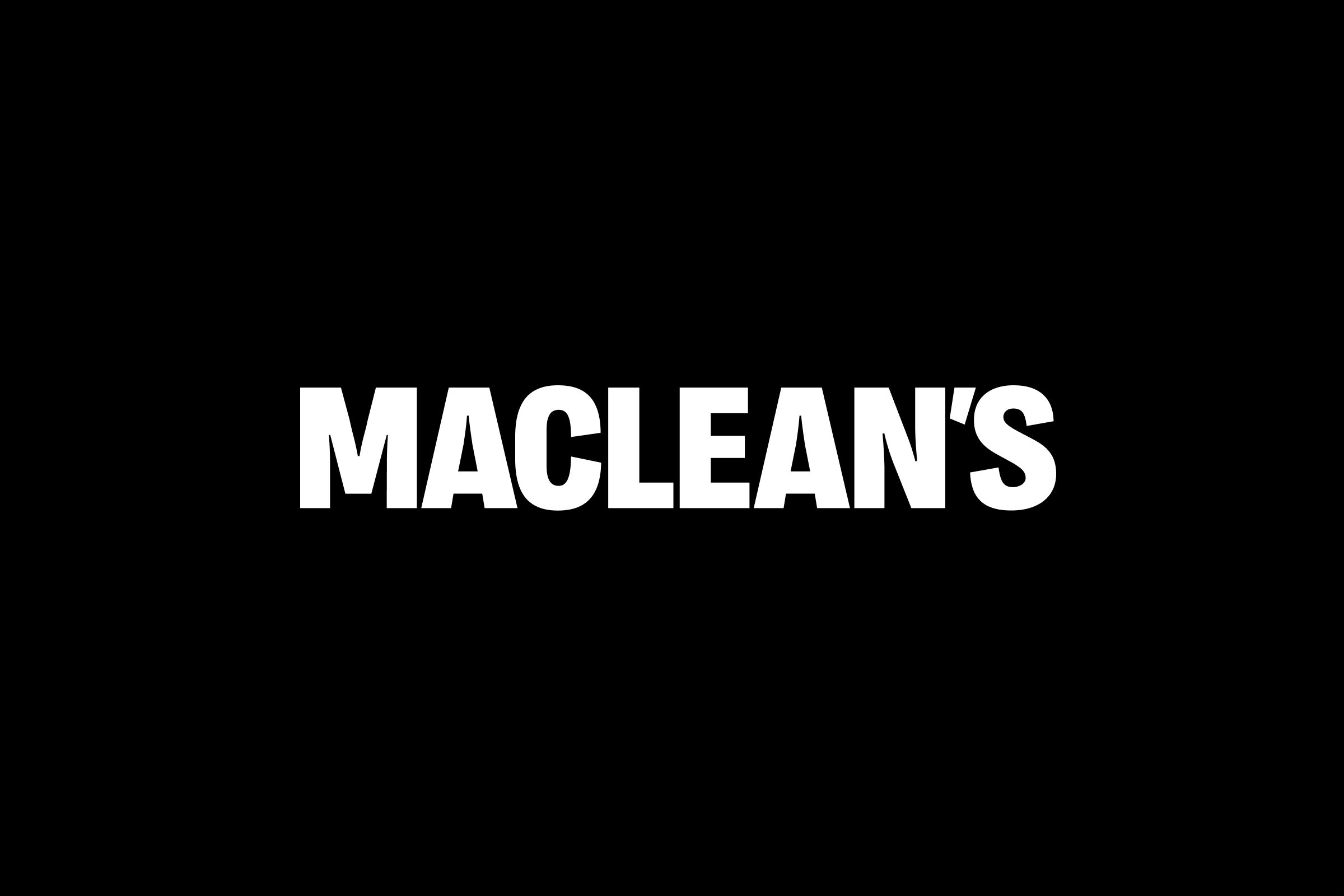bubble
Canadians are googling ‘housing bubble’ like mad
What people search for on Google is a good indicator of public sentiment, and right now Canadians are fixated on housing bubbles
When the housing bubble bursts, there won’t be a soft landing
Although Canadians witnessed the carnage of America’s housing crash, many want to believe our housing sector will follow a gentler path
The cheapest detached houses in Canada’s 7 biggest cities
Bargain hunters, take note. Here are a few fixer-uppers.
This bubble won’t burst
The gold rush in today’s economy doesn’t seem to be coming to an end any time soon
Carney: This time it’s different
‘Even though all booms are finite, this one could go on for some time’
Two charts you need to see about commodities and the housing market
All of Canada’s strengths are underpinned by the phenomenal commodity bull market
Reining in China’s real estate boom
Beijing has halted land sales in a bid to cool the housing market
How to stop the next financial meltdown
Andrew Coyne talks with Mark Carney
The city of gold turns to dust
Dubai is a financial mess. Who’s to blame for the collapse?
The trouble with economists
Stephen Harper, Sept. 15, 2008. “My own belief is if we were going to have some sort of big crash or recession, we probably would have had it by now.”
Dig out your old calendars, we’re going back, waaaay back
As markets continue to fall, analysts have simply started using historical dates to forecast how low we could go. Today Montreal-based BCA Research warned that U.S. equities could fall to levels not seen since 2002. As it is, the last time the S&P 500 was this low was in April 2003:
Bursting the dot-corn bubble
Back in August I wrote a piece for the magazine on the inflated value of Potash Corp., the Saskatchewan fertilizer producer that briefly became Canada’s largest company by market cap. A quick recap: Those bullish on the stock pointed to the fast growing middle classes of Asia, and their desire to eat more meat and vegetables, as a sign that demand for potash (which is used to make fertilizer) could only go up. The stock’s promoters pointed to soaring food prices as evidence this was the case.


